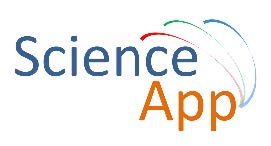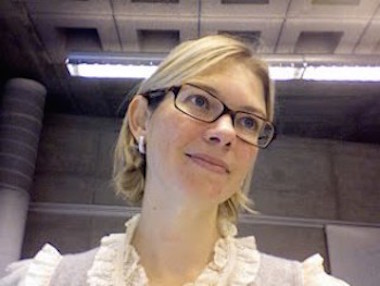
The ACVR workshop will have two keynote lectures given by internationally renowned researchers working in the fields of Computer Vision and Robotics whose research can have a huge impact on Assistive Technology domain.

Kris Kitani, Carnegie Mellon University, US
Kris Kitani is a Systems Scientist in the Robotics Institute at Carnegie Mellon University. He specializes in the area of human activity understanding from video. His work on learning actions from video was awarded the Best Paper Award at the Meeting on Image Recognition and Understanding (MIRU) 2008, the largest computer vision conference in Japan, and the Best Journal Paper Award from the Institute of Electronics, Information and Communications Engineers (IEICE) in 2010. His work on activity forecasting was awarded the Best Paper Honorable Mention Award at the European Conference on Computer Vision (ECCV) in 2012. He is currently an Associate Editor of the IEEE THMS journal special issue on Wearable and Ego-vision Systems for Augmented Experience and has organized several workshops on Egocentric (First-Person) Vision at CVPR. His work has been featured in the popular press such as the Wall Street Journal, Washington Post and ABC news.
Assistive Technologies for Navigating the Blind
NavCog is a smartphone app that we have recently developed, that is able to help blind people navigate through new environments. I will present our latest work on integrating machine learning, crowd sourcing and computer vision to help convey important information to a person as they are navigating a new scene. I will also outline a set of challenges and direction for future research in this area.
Barbara Caputo, University of Rome La Sapienza, IT
Barbara Caputo is Associate Professor at the Department of Computer, Control and Management Engineering of the University of Rome La Sapienza, where She leads the Visual Learning and Multimodal Applications Laboratory (VANDAL). Her main research interest is to develop algorithms for learning, recognition and categorization of visual and multimodal patterns for artificial autonomous systems. These features are crucial to enable robots to represent and understand their surroundings, to learn and reason about it, and ultimately to equip them with cognitive capabilities. Her research is sponsored by the Swiss National Science Foundation (SNSF), the Italian Ministry for Education, University and Research (MIUR), the European Commission (EC) and the European Research Council (ERC). She published more than 90 papers in the areas of visual recognition, multimodal and open-ended learning, semantic spatial modelling and adaptive control of prosthetic hands. Her work has more than 6000 citations (Google Scholar Profile), and She served as area chair and keynote speaker at several conferences and events in the fields of Computer Vision, Machine Learning and Robotics.
RoboExNovo: Robots learning about objects from externalized knowledge sources
Robots are meant to operate in the real world. However, even the best system we can engineer today is bound to fail whenever the setting is not heavily constrained. This is because the real world is generally too nuanced and unpredictable to be summarized within a limited set of specifications. There will be inevitably novel situations and the system will always have gaps or ambiguities in its own knowledge. This calls for robots able to learn continuously over time. In this talk I will focus mainly on the life long learning of perceptual object knowledge, i.e. knowledge about the visual appearance of objects, necessary to the robot to recognize and localize objects in its own environment. I will show how issues like domain adaptation and transfer learning are vital to the robot vision community, and will present results that aim at bridging across these two communities, with the goal to achieve life long learning of visual patterns in autonomous systems.





